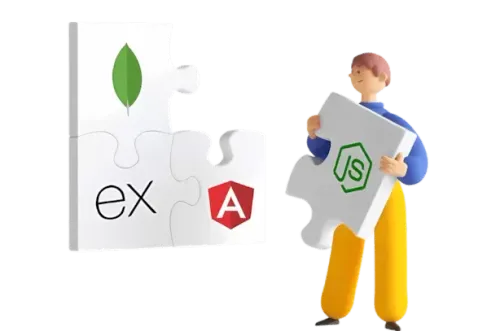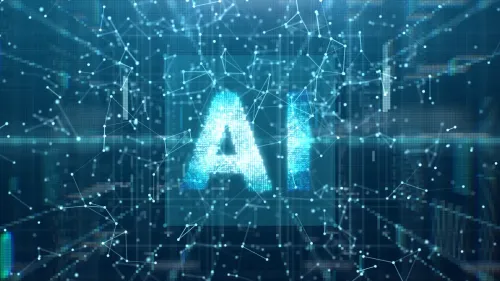GALTech School of Technology’s Python learning course will train you in the fundamentals of Python programming, conditional statements, data operations, shell scripting, and the Python Django framework. This Python training course will assist you in preparing for an exciting career as a professional Python programmer.
Python is a famous programming language developed by Guido Van Rossum in the 1980s. Python is considered one of the most significant computer programming languages, as in the case of a general-purpose, object-oriented, and high-level programming language. The simple syntax rules of this programming language make it easier to learn and use. Python programming is used to create websites, web applications, graphical user interface (GUI) applications, etc. Thus, to get efficiency and greater outputs usually JavaScript or other programming languages are combined with Python. Another major benefit of this full-stack Python development is that it can operate on multiple platforms like Windows, Linux, macOS, and so on.
After completing our Python Development training course, you will be able to confidently understand and apply the syntax and core concepts of the Python language. You’ll be skilled in writing and debugging Python code, using modules and libraries for tasks such as file operations, database integration, and making HTTP requests. You will also apply object-oriented programming (OOP) principles effectively to build structured and scalable applications.
In our Python Full Stack Development course, ReactJS is introduced to help students build dynamic and interactive user interfaces. The syllabus covers the fundamentals, including what React is, its key features, and the Virtual DOM. Students will learn React installation, components, JSX, React CSS, and Bootstrap integration, along with managing state using useState and handling side effects with useEffect. The course also includes forms, props, routing, and practical API integration using Axios, fetch, and react-query, enabling participants to create modern, responsive, and full-featured frontend applications that seamlessly connect with Django backends.

